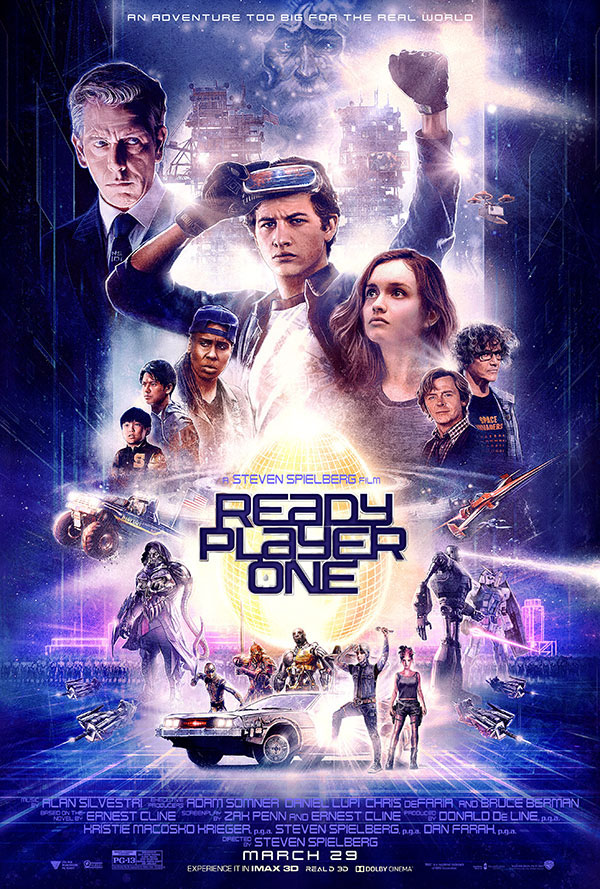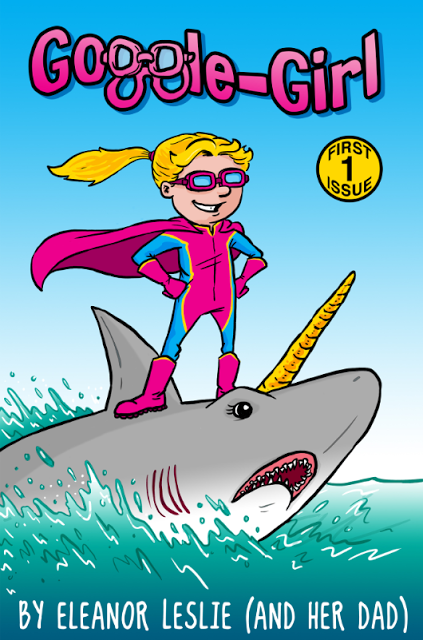Normally I don’t feel compelled to review books, but the response to Ernest Cline’s READY PLAYER ONE has been so universally positive that I couldn’t help voicing my dissenting opinion. I went into this book with a lot of optimism, honestly. The premise of a near-future dystopia populated with people searching a World of Warcraft for Steve Job’s Atari-themed fortune sounded fun, but any number of problems with Cline’s prose left me completely unable to enjoy his characters or his world.

The most glaring detraction from the book is Cline’s complete lack of faith in his readers to understand anything that is not explicitly explained in the most obvious manner possible. Instead of building a world and characters that reveal themselves in the way they react to each other, he gives a small dissertation on his main character’s entire philosophy three pages into the first chapter. Somehow Cline must have made it his entire career without encountering the old axiom, “show don’t tell,” because all his narrator does is tell. How do we know his narrator, Wade, considers the out-dated arcade games he plays “sacred relics”? Because he tells us. How do we know Wade’s home life and school life are shitty? Because he tells us. And the most frustrating thing is that he often tells the reader these things mere paragraphs or pages before Cline demonstrates them. It’s completely unnecessary to have Wade tell the reader he has a shitty home-life if you’re going to follow that up to a page or so later by having his horrible Aunt treat him like garbage. Please stop wasting my valuable reading time.
Cline’s lack of faith in his reader spills over into the book’s most noteworthy feature– the pop culture references. The references themselves are not problematic. People speak in pop culture references, now more than ever, but when I (or anyone) quotes a line from Airplane! or FERRIS BUELLER’S DAY OFF I do not immediately source the material in a quick sidebar. Mr. Cline, I presume you wrote this book about obsessive attention to obscure 80s culture for people who are fans of, or generally aware of, 80s culture. When pop culture references work, it’s because people like them and understand them. It’s a nod to our mutual understanding of the world we came from and now live in. Your reader may not get every last reference you’re making, but that’s a good thing because it shows that you come from a position of authority. Instead, Cline’s constant citations come off as insulting to those in on the jokes and pandering to those who are not.
Pop culture references and this point needs to be made to more people than just Ernest Cline, are not characterization. Because these are references to things from “mass media” that means a lot of people are familiar with them, so when you try to define characters by what they like in mass media that is also liked by millions of other people, it does not reveal new information about the character. If you say a character likes STAR WARS, all you are saying is that your character is one of 3 billion people on planet Earth, and that’s just not good characterization. Also, saying a character is, “like Jordan from REAL GENIUS” is not applicable unless you are actually describing the actress who played Jordan in the movie REAL GENIUS. People and characters may be similar to one another, but if someone is just like Han Solo or Marty McFly, I’d rather just hear more about those original characters than your cheap knock-off.
All of that is just bad writing, which I could certainly forgive the way I have a dozen Michael Crichton novels, but what really got under my skin about this book is that it fails to have even one remotely interesting or new thought about the myriad of 80s culture it references. The further a culture gets from a piece of popular media, the more context is understood around that piece of media. For example, when we read Shakespeare we understand that he emphasizes on Royal Succession stemmed from widespread concern about the impending death of heir-less Queen Elizabeth. When we watch THE DAY THE EARTH STOOD STILL we understand the nuclear paranoia the nation was gripped in at the time. But in READY PLAYER ONE, the characters have no wider context about the 80s than the people that lived through it. A kid living in the burned-out hull of America has nothing more to say about FAMILY TIES than that he wished his family was that nice? Or that he thought the Ewoks in RETURN OF THE JEDI were, like, totally lame?
Cline’s characters are as removed from the 80s as we are from the 50s, but treat the material with a kind of reverent isolation we don’t even have today. The book’s OASIS is populated with shopping malls and stores, so I assume there is still a culture out there creating things to be purchased, but Cline never mentions these things, or how his beloved 80s media compares. All of this paints a picture of someone who has never considered the culture helo.

